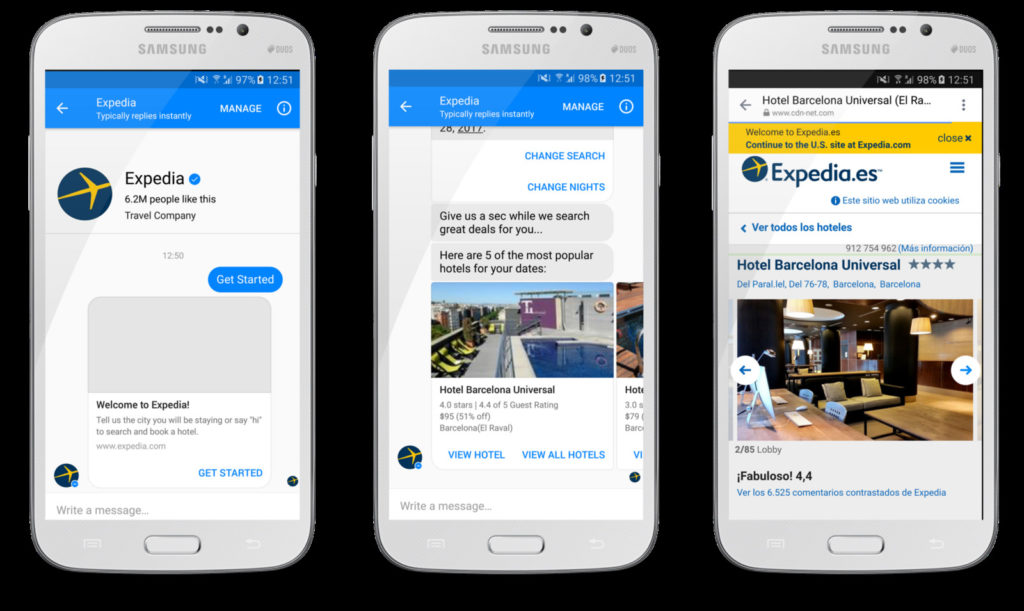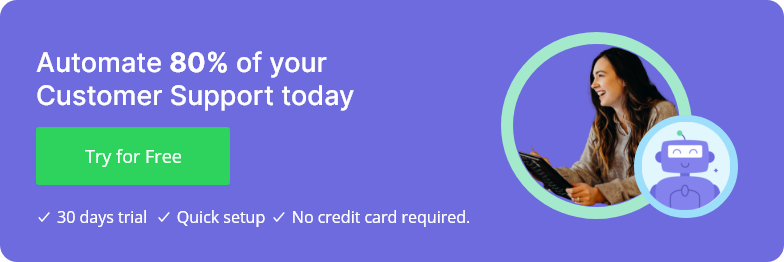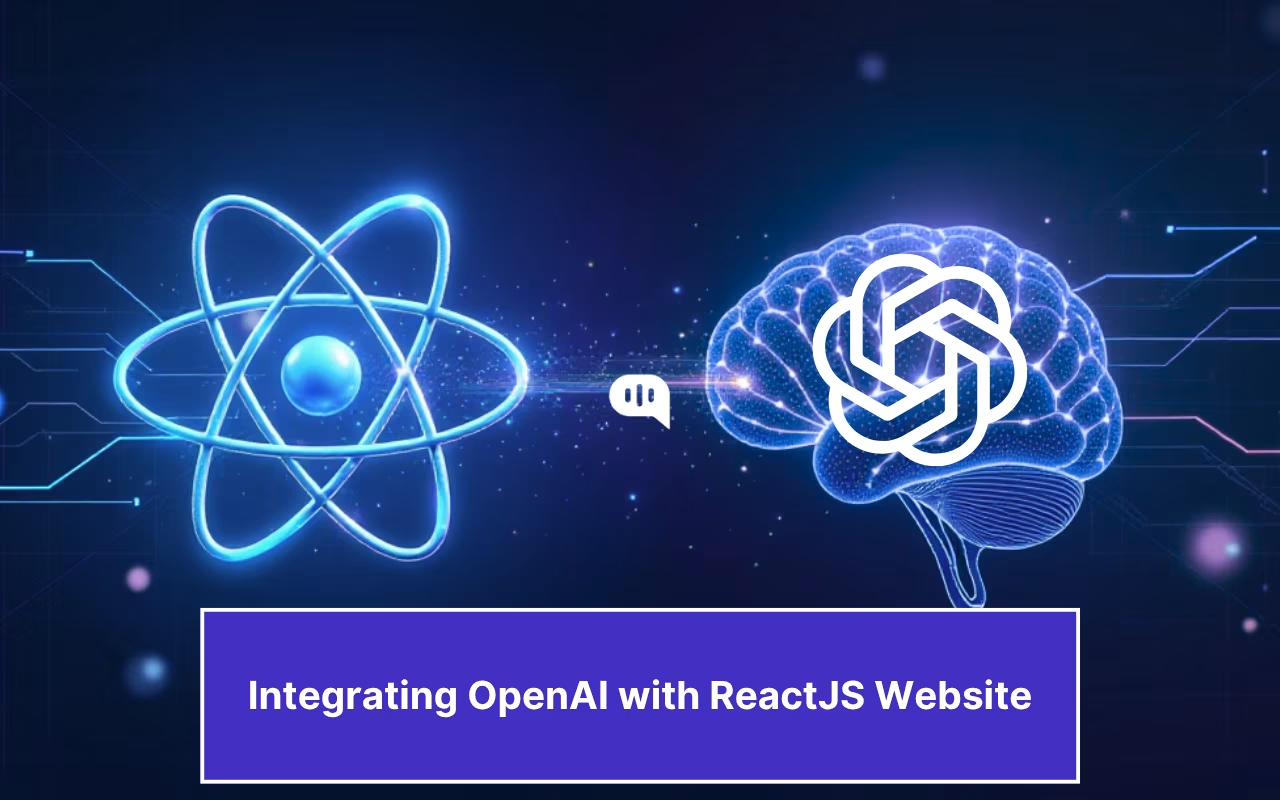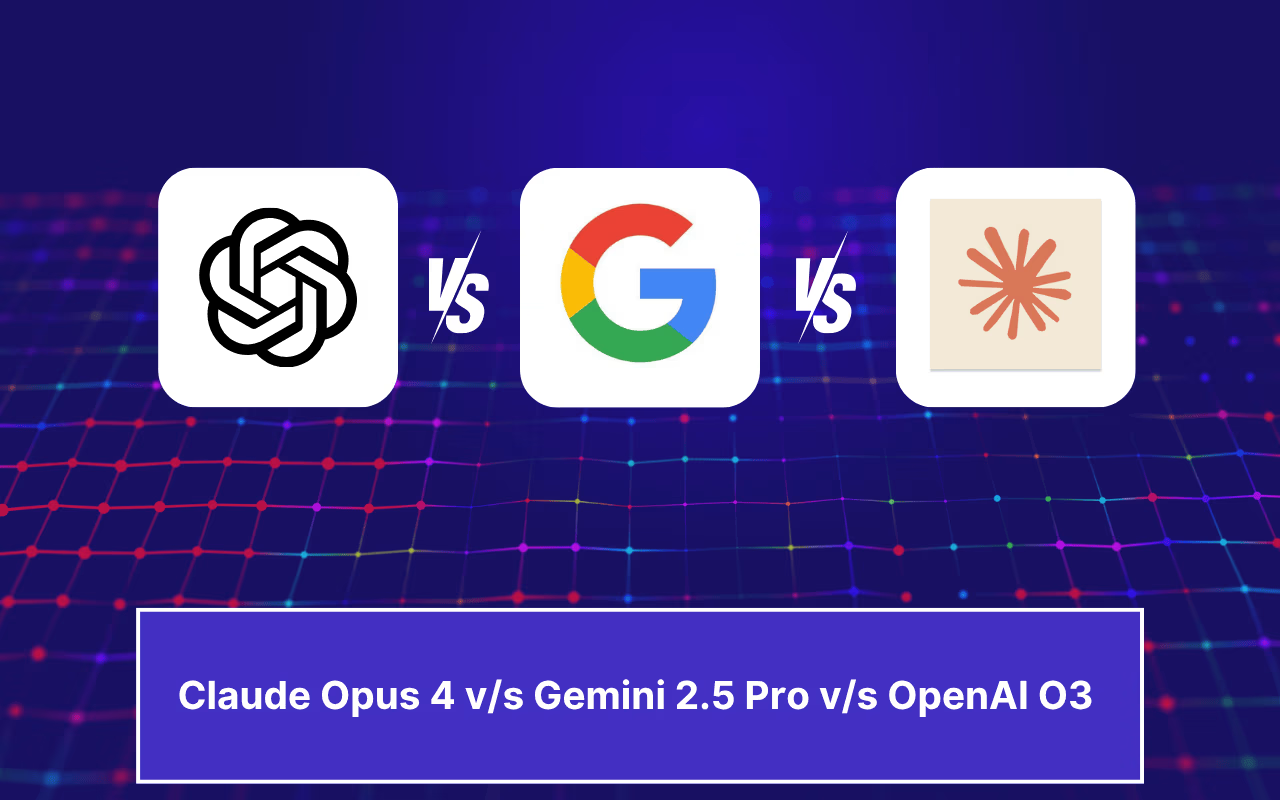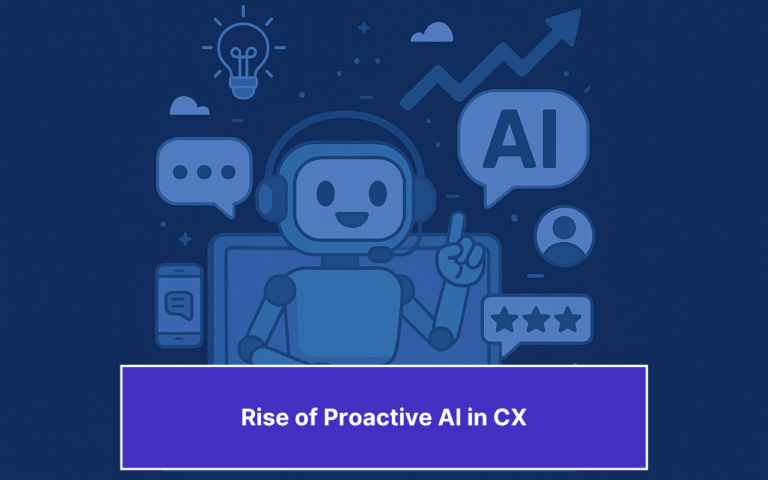Updated on June 10, 2025
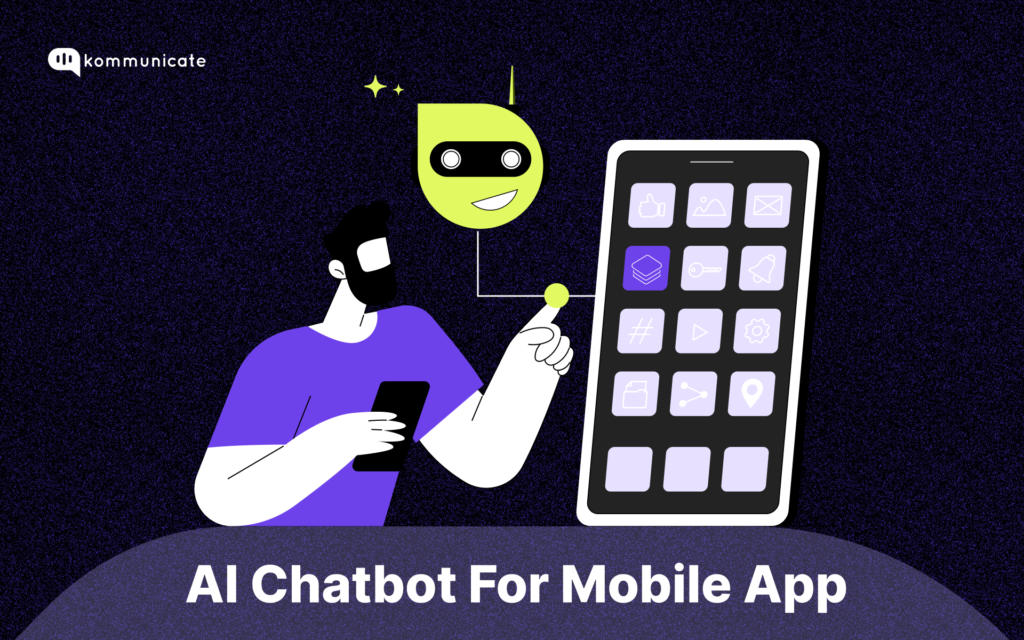
Businesses seeking to enhance user experience and drive revenue growth have discovered a powerful solution: AI chatbots integrated into mobile applications. While mobile apps provide value, adding an AI chatbot transforms them into dynamic, responsive platforms that serve customers 24/7.
The rapid adoption of AI chatbots like ChatGPT demonstrates the growing demand for intelligent automation in customer service.
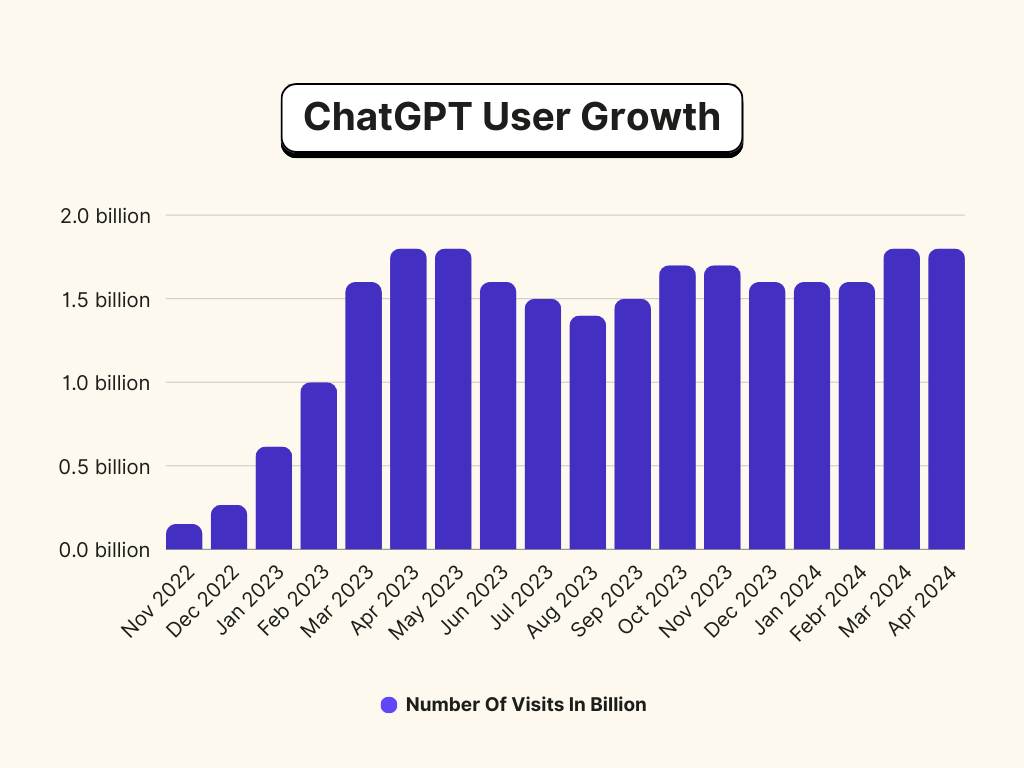
As generative AI continues to make leaps, we can see an ever-increasing dependency on AI chatbots to deliver a superior customer experience.
In this blog post, we are going to showcase 7 reasons why you should integrate an AI chatbot into your mobile app.
These reasons include:
- 24/7 Customer Support
- Personalized User Experience
- Streamlined Processes and Automation
- Multilingual Support
- Data Collection
- Cost Savings and Scalability
- Improved Engagement
Here are seven compelling reasons to integrate an AI chatbot into your mobile app:
24/7 Customer Support
One of the most significant advantages of integrating an AI chatbot into your mobile app is the ability to provide 24/7 customer support. Unlike human agents, chatbots don’t take breaks, go on vacations or sleep. This ensures that your customers get round-the-clock customer support and instant resolution to all their queries.
Example: Uber’s chatbot on the mobile app provides continuous assistance to both riders and drivers. Booking a ride, Tracking your driver’s location, or getting help with any issue is now possible through the AI chatbot.
Users can interact with the bot and simply ask it to request a ride, specifying the pick-up and drop-off points. The chatbot also can provide real-time updates on the driver’s location, along with the estimated time of arrival.
Uber’s chatbot can also answer FAQs related to its services, prices, and policies.

Personalized User Experience
Moving beyond availability, another key advantage is personalization. AI chatbots deployed on mobile apps can leverage data and machine learning algorithms to provide personalized recommendations, product suggestions, and tailored content based on individual preferences and behavior.
Generative AI chatbots can analyze browsing behavior, purchase history, user interactions etc to give personalized product recommendations and tailored suggestions. This level of user engagement drives higher conversion rates and increases overall customer satisfaction.
As an example, H&M, the popular fashion retail brand, uses a mobile chatbot to offer its users personalized recommendations based on their browsing history and purchasing pattern. This unique approach has led to higher conversion rates and increased satisfaction.
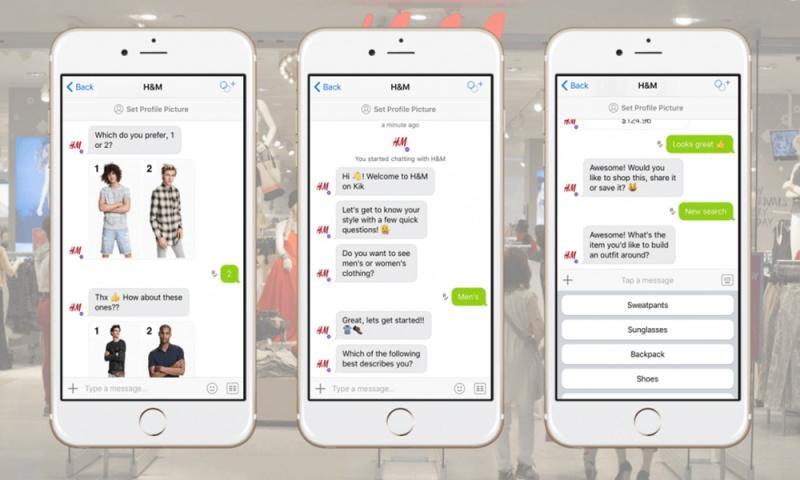
Streamlined Processes and Automation
In addition to personalized experiences, chatbots excel at process automation. AI chatbots are really good at streamlining processes and enabling automation within mobile apps, significantly reducing manual effort. Businesses can automate various tasks and workflows by integrating chatbots into their day-to-day operations, such as appointment scheduling, form filling, order tracking, etc.
A healthcare app, for instance, can leverage a chatbot to automate appointment bookings, meaning that patients can schedule their visits, receive reminders, and manage their appointments through conversational interactions.

Other processes that chatbots can streamline include account creation, form filling, password resets, etc., by guiding users through step-by-step conversational flows, reducing the likelihood of errors. Humans are thus freed from doing these repetitive tasks, and they can instead focus on more complex problems that require some emotional intelligence.
Multilingual Support
English may be the most popular language on the internet, but it’s not the only language out there, and also not the most widely spoken language in the world. That honor goes to Mandarin. In fact, this research shows that 76% of online shoppers prefer to purchase products with information in their native language.
So how do you keep a vast majority of customers happy without hiring language experts who come at a premium? Enter multilingual chatbots. Multilingual chatbots enable companies to reach a global customer base, which is particularly useful for organizations where the customer base is not restricted to one geography.
A good example of a company that uses multilingual chatbots on its mobile app is Airbnb. Airbnb’s chatbot can communicate with its users in over 20 languages, including English, Spanish, and French. It seamlessly adapts to the user’s preferred language, providing a localized experience for international travelers as well as hosts.
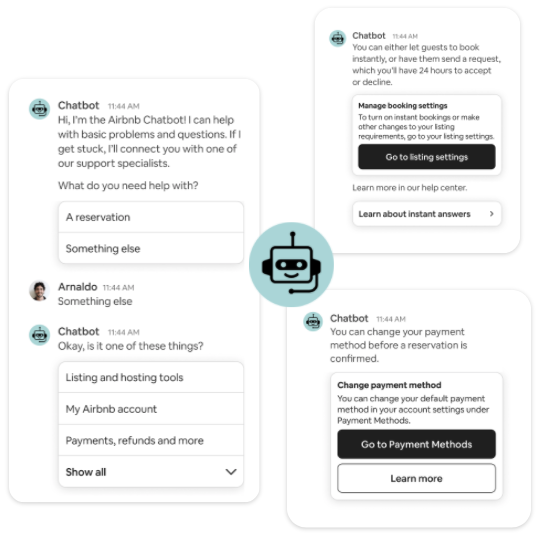
Businesses can thus expand their reach, improve customer satisfaction, and stay competitive in global markets without having to invest heavily on human translators. This not only eliminates language barriers but enhances the overall user experience.
Data Collection
Chatbots integrated into mobile apps help in data collection and play a crucial role in generating valuable insights for businesses. Companies can analyze user-chatbot interactions to identify customer preferences, pain points, and behavioral patterns, generating valuable business insights.
Chatbots can do query analysis, where they track and analyze the different types of queries that users ask. They can also do sentiment analysis, using sophisticated NLP techniques, helping businesses understand customer attitudes toward their offerings.
Mastercard is a great example of a company using an AI powered chatbot on their mobile app. Mastercard’s chatbot assists users with financial transactions and inquiries. The chatbot collects valuable data from customer interactions, which Mastercard uses to gain insights into user behavior, pain points and preferences.

For example, if there are a lot of inquiries about a specific fee or charges, Mastercard can use it to enhance their communication and transparency around those fees. This will reduce customer confusion and increase customer satisfaction.
Cost Savings and Scalability
Integrating an AI chatbot for your mobile app can lead to significant cost savings and also help you scale your operations easily. Chatbots can handle a large volume of customer inquiries simultaneously, meaning there is less need for human customer support staff.
The savings in cost thanks to chatbots is significant, as hiring and training human agents is both time-consuming and heavy on the pocket. Additionally, human agents may leave for other opportunities, resulting in lost training investments and recruitment costs. ROI calculators can help quantify the long-term savings and efficiency gains chatbots provide compared to traditional human support models.
In addition, chatbots operate 24/7, ensuring constant availability and responsiveness, enhancing customer satisfaction and retention. As the user base grows, chatbots are able to seamlessly scale to handle the increase in traffic, without the need to add human agents.
For example, airline company KLM introduced a chatbot titled “”Blue Bot” on its mobile app that is powered by AI and machine learning capabilities. Blue Bot can understand and respond to customer queries in multiple languages.
By 2018, Blue Bot was processing over one million monthly conversations, demonstrating both scalability and cost-effectiveness of AI-powered customer support.
Improved Engagement
AI chatbots on mobile apps can improve user engagement, give instant responses and provide proactive support. AI chatbots can simulate human-like conversations, providing a more interactive and engaging experience. They can understand natural language inputs, maintain context, and give relevant responses.
Giving customers this level of personalization fosters a sense of connection and enhances the overall user experience, leading to improved customer engagement. Furthermore, chatbots can give instant responses to user queries, eliminating the frustrating need to wait for human agents to become available.
Real time engagement thus encourages users to interact with the app more frequently, thereby leading to higher engagement rates.
The popular travel app Expedia integrated an AI chatbot called “Expedia Bot” to assist users with booking flights and hotels. This chatbot can understand natural queries, provide personalized recommendations based on user preferences, and offer proactive suggestions for upcoming travel dates.
The chatbot has significantly improved user engagement, with users interacting more frequently and for more duration with the app. The ability to have a conversational experience with the app made the booking process even more engaging and enjoyable for users.
Key Takeaways
AI chatbots represent a strategic investment in your mobile app’s future. By providing 24/7 support, personalized experiences, and scalable automation, they address evolving consumer expectations while reducing operational costs. Companies that integrate chatbot technology today position themselves as innovative, customer-focused leaders in an increasingly competitive digital landscape.

CEO & Co-Founder of Kommunicate, with 15+ years of experience in building exceptional AI and chat-based products. Believes the future is human + bot working together and complementing each other.


